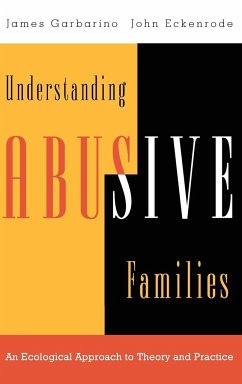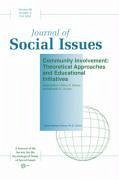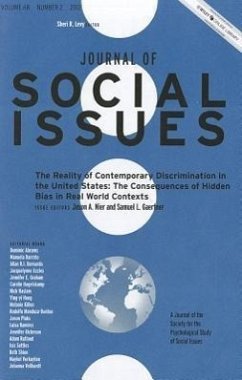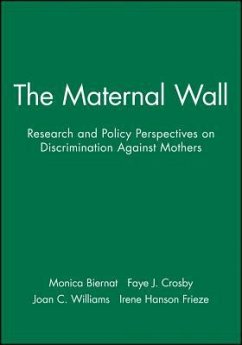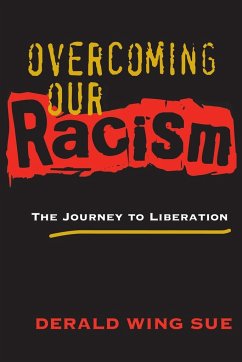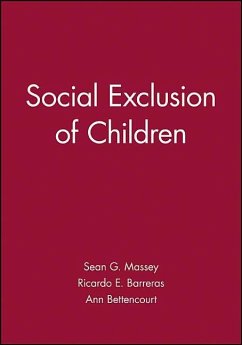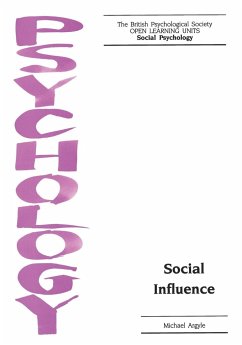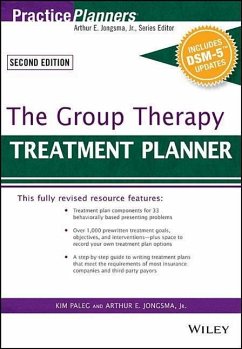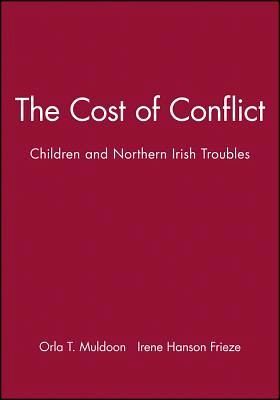
The Cost of Conflict
Children and Northern Irish Troubles
Herausgeber: Muldoon, Orla T; Frieze, Irene Hanson
Versandkostenfrei!
Versandfertig in über 4 Wochen
43,99 €
inkl. MwSt.

PAYBACK Punkte
22 °P sammeln!
This book explores the effects of political violence on children and young people in Northern Ireland. The issues begins with a brief historical account of the Northern Irish conflict and the recently negotiated Belfast Good Friday Agreement of 1998. The issue reviews the extent of young peoples' experience of conflict in Northern Ireland as well as the likely impact of these experiences on young people's lives. These include the effects of the conflict on everyday aspects of life, such as school life and availability and use and misuse of drugs. The issue also considers the role that social a...
This book explores the effects of political violence on children and young people in Northern Ireland. The issues begins with a brief historical account of the Northern Irish conflict and the recently negotiated Belfast Good Friday Agreement of 1998. The issue reviews the extent of young peoples' experience of conflict in Northern Ireland as well as the likely impact of these experiences on young people's lives. These include the effects of the conflict on everyday aspects of life, such as school life and availability and use and misuse of drugs. The issue also considers the role that social and national identity has played in maintaining the Northern Irish conflict, by exploring the enduring and polarised nature of children's political socialisation. Finally, in looking to the future young people's willingness to forgive and their engagement with the current political processes in Northern Ireland is considered.




